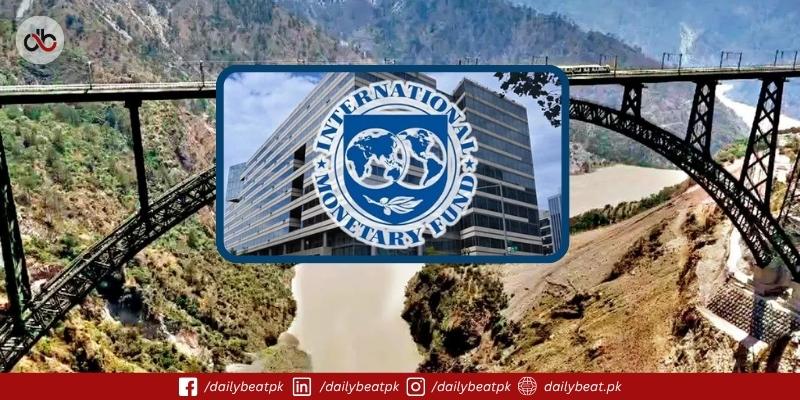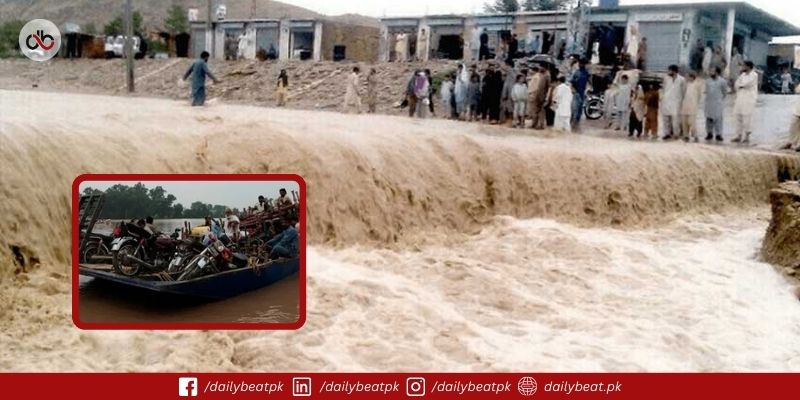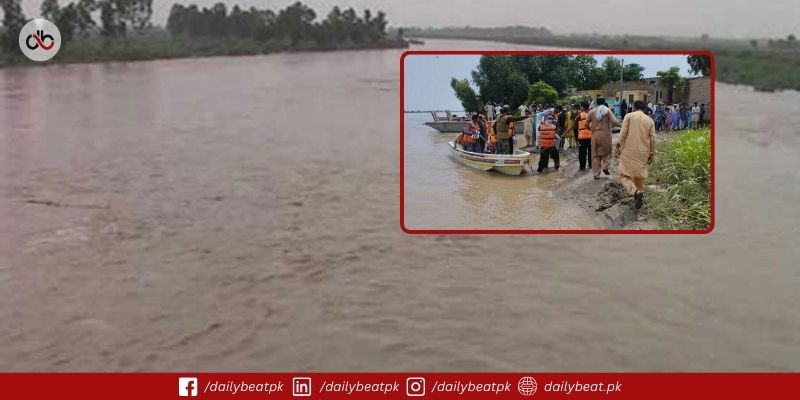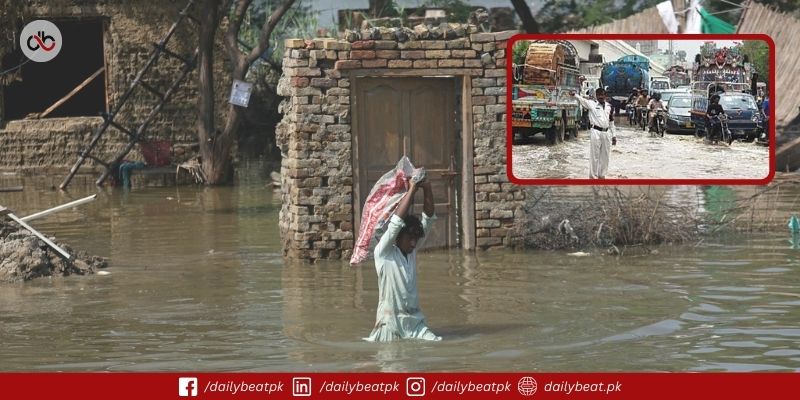The Pakistani government is moving forward with plans to build the Chenab dam, despite resistance from the International Monetary Fund (IMF) on how to fund it.
This proposed dam, to be constructed on the Chenab River, is part of Pakistan’s broader water security strategy. Officials estimate the Chenab dam project will cost around Rs220 billion. However, when combined with other major projects like the Diamer-Bhasha dam, the total funding needed rises to Rs1.35 trillion.
The government had initially proposed a 1% water storage cess on most goods to raise funds for dam building in Pakistan. This levy would have applied to all taxable products, excluding electricity and medicines. Officials hoped this would help finance the construction of new reservoirs and respond to increasing concerns over Indian water projects on shared rivers.
However, the IMF rejected the proposal. According to sources, the global lender expressed concerns over legal and governance issues and recommended using the existing 18% sales tax structure instead. The Fund also objected to placing the collection of the new cess under the control of the Water and Power Development Authority (WAPDA).
The IMF advised that expanding the current sales tax would provide greater budgetary flexibility. In contrast, the proposed cess would remain outside the federal divisible pool, giving the central government sole control over its use.
Government sources revealed that most provinces are unwilling to help finance key dam projects, including the Mohmand and Diamer-Bhasha dams. Islamabad had hoped to reallocate funds from welfare programs like the Benazir Income Support Programme, but provincial governments opposed this move.
This impasse has left the federal government seeking alternative ways to finance large-scale infrastructure projects. Despite the funding challenges, officials remain committed to building the dam on the Chenab River in Pakistan, viewing it as crucial for long-term water stability.
With rising water demands and increasing pressure from cross-border tensions, the push to develop large-scale water storage projects is becoming a national priority.
For full details on the situation and official response, read the complete report here.















